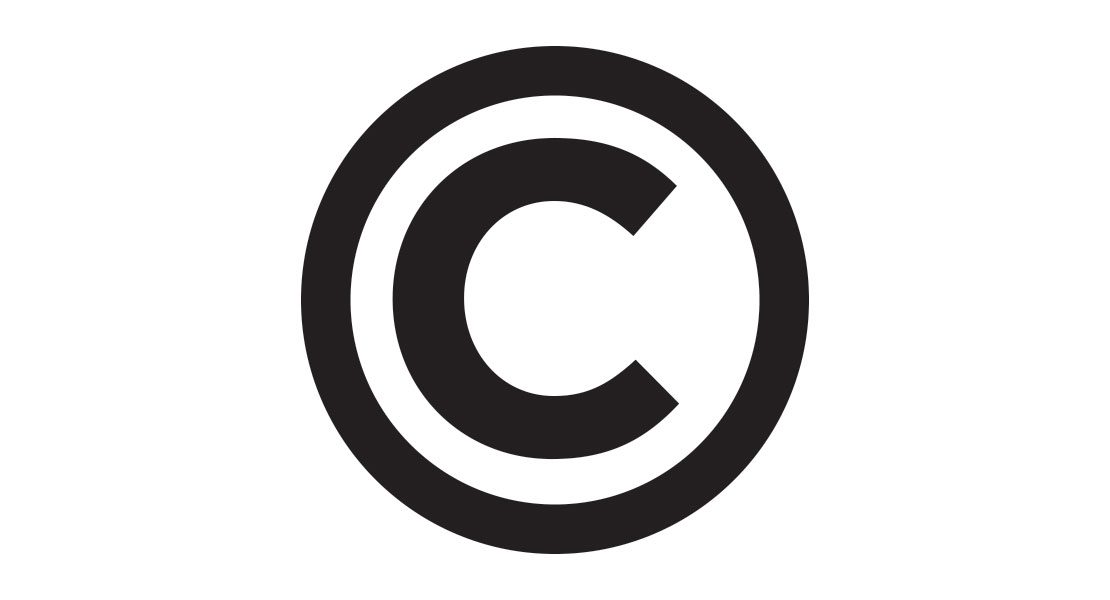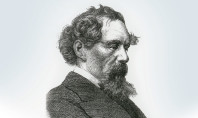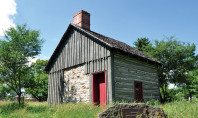Playing Good Defense – Copyright for Business Owners

by Thomas J. Schlegel, Fitzpatrick Lentz & Bubba, P.C.
The old football player always seems to come out of me when advising clients about the interplay between intellectual property (IP) law and daily business. Every successful football team is strong in the basic “blocking and tackling” fundamentals of the game. I’ve written before about basic “brand-centric” intellectual property law, specifically how pursuing federal trademark registration can enhance a business’s brand recognition and allow that business to play offense if a competitor infringes on its market presence. Squaring away trademark rights through federal registration is the basic “blocking and tackling” of intellectual property law. Enforcing these rights when a competitor infringes is an offensive IP strategy.
Today, however, the message is about defense. Specifically, business owners need to be aware of copyright law and the ever-increasing ability of copyright owners to claim damages against copyright infringers. Recognizing this risk and playing good defense can potentially save a business from significant liabilities. Moreover, business owners must be aware of the need to play defense against a covert and increasingly aggressive adversary.
Copyright is a form of protection grounded in the U.S. Constitution and granted by law for original works of authorship fixed in a tangible medium of expression. Copyright protects original works of authorship including literary, dramatic, musical, and artistic works, such as poetry, novels, movies, songs, computer software, and architecture. A work is under copyright protection the moment it is created and fixed in a tangible form that it is perceptible either directly or with the aid of a machine or device. Moreover, copyrights are created involuntarily. Copyright exists from the moment the work is created.
Copyright infringement is the act of violating any of a copyright owner’s exclusive rights granted by the federal Copyright Act. The potential penalties for copyright infringement are:
1. Infringer pays the actual dollar amount of damages and profits.
2. The law provides a range from $200 to $150,000 for each work infringed.
3. Infringer pays for all attorneys fees and court costs.
4. The Court can issue an injunction to stop the infringing acts.
5. The Court can impound the illegal works.
6. The infringer can go to jail.
Now more then ever, simple copyright violations are coming back to haunt business owners. Easy examples are playing background music in your place of business (as was the case with an Allentown business), embedding copyrighted video into a website or using a perceived “free” software. Shockingly to many business owners, intent has no bearing on the violation. Under copyright law, whether a business owner knew they were infringing has no bearing on
the consequence.
Moreover, copyright holders have more ways to discover infringement today than ever before. Companies exist solely to ferret out music copyright violations in restaurants, bars, downtown shops and other regularly trafficked places of business. Web-based companies scour the internet to find unlicensed copyright violation on websites. These companies are playing offense for copyright owners – they seek out infringement and look to extract the maximum financial penalty.
What is a small business owner to do when faced with this hostile copyright environment? While he lived long before football was invented, take Benjamin Franklin’s saying “an ounce of prevention is worth a pound of care” is the perfect pre-game speech to business owners. Play good defense through recognition of copyright infringement risks. Whether it’s playing music or airing television programming in your place of business without an appropriate license, featuring another’s copyright on your website or using software seemingly free to the public, business owners need to know that unlicensed use of copyright may carry serious consequences. When in doubt, and especially if you’ve received notice of infringement, don’t hesitate to contact me or any of my colleagues.
About the author
Thomas J. Schlegel is an attorney in the Corporate, Business and Banking, and Real Estate and Land Use practice groups at Fitzpatrick Lentz & Bubba, P.C. Mr. Schlegel’s practice includes land use, development and zoning, business and commercial law including financing, leasing and contracts, and Pennsylvania oil and gas law, as well as intellectual property. The law firm has been named “Who’s Who in Business Lehigh Valley” each year since 2008, and was ranked as one of the 100 Best Places to Work in PA each year since 2010. Contact Mr. Schlegel at 610.797.9000 or tschlegel@flblaw.com.






















